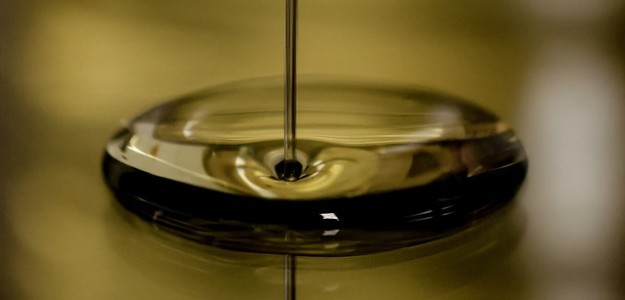
Everyone wants to get the best out of their car, regardless of if it’s fuel economy or overall performance. Auto product manufacturers know this so they’ve created various products with high claims. One of the more recent being fuel additives and treatments. Can the contents within a small bottle improve how your vehicle performs and even save you more money at the pump? Let’s find out!
What Are Fuel Additives?
With a quick tour around your local auto parts store, you’ll likely come across an aisle of bottles that are touted as "miracles in a bottle". The claims the manufactures of the products make range from improving fuel economy, high performance, and even improved emissions. Some of the fuel treatments act as detergents that work to combat the carbon buildup which is produced whenever the engine is running. These products are not magical and most of them do not live up to their numerous claims. A fuel additive is a treatment you can add to your gasoline tank which will prevent carbon buildup, and work to clean various parts of your fuel system components, such as your fuel injectors.
Types of Fuel Additives and Their Effectiveness
There are four different types of fuel additives and each of them perform differently. There are: gas treatments, fuel injector cleaners, fuel system cleaners and multi-system treatments.
Gas Treatments
May be a good option if you’re on a restricted budget. They’re typically the lowest priced additives, but there’s very few benefits to using them.
Fuel Injector Treatments
This is probably the best middle of the road solution there is. Fuel injector additives work by cleaning the various internal components of your engine which can improve its lifespan.
Multi System Treatments
This type of treatment is both a fuel and oil additive. They claim to have many benefits including improving the fuel economy of your vehicle. As a result, many consumers turn to them when they’re uneducated about the best treatment to use in their vehicles.
Do They Work?
While some of these treatments may be easy on the pocket, how do you know they’ll work? The answer lies in treatments and how they interact with the fluids already in your vehicle. Engine oil is not only responsible for lubricating the parts within an engine to prevent more wear and tear than necessary, but also to prevent corrosion. Most auto manufacturers administer dispersants in order to prevent sludge buildup and rusting. So if automakers are already including these dispersants, why do we still need fuel additives? While you could use them in a modern vehicle, the best way to get the most out of these fuel additives is to utilize them with an older vehicle to improve fuel economy and the longevity of the engine.
What About Fuel System Cleaners?
If you do decide to use a
fuel additive, the one that may be worth any money at all is fuel system cleaners. These work to keep the engine clean and get your fuel injectors performing well. The effectiveness of the fuel system cleaner itself depends on the chemistry of the treatment. Most cleaners contain a chemical known as polybutene amine or PBA, which has been used to remove excess buildup and deposits from + Fuel Injectors + Carburetor + Intake Valves They may also be helpful in restoring engine performance and reducing engine emissions. However, overuse of PBA additives can cause more damage than good if used excessively. The more advanced additives such as PEA or polyether amine can provide the above benefits in addition to: + Remove deposits from engine combustion chambers + Prevent or reduce engine knocking + Fix most cold start up related problems + And remove harmful deposits from the gas gauge sensors As a result, PEA is the most frequently used additive for most auto dealerships who offer fuel injection cleaning services.
Conclusion
While there are various oil treatment additives available on the market, whether the product lives up to its claims or not depends on the state your vehicle is in, and what you’re trying to accomplish. If you would appreciate some guidance, please feel free to give us a call any time!
Book An Appointment